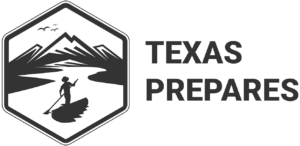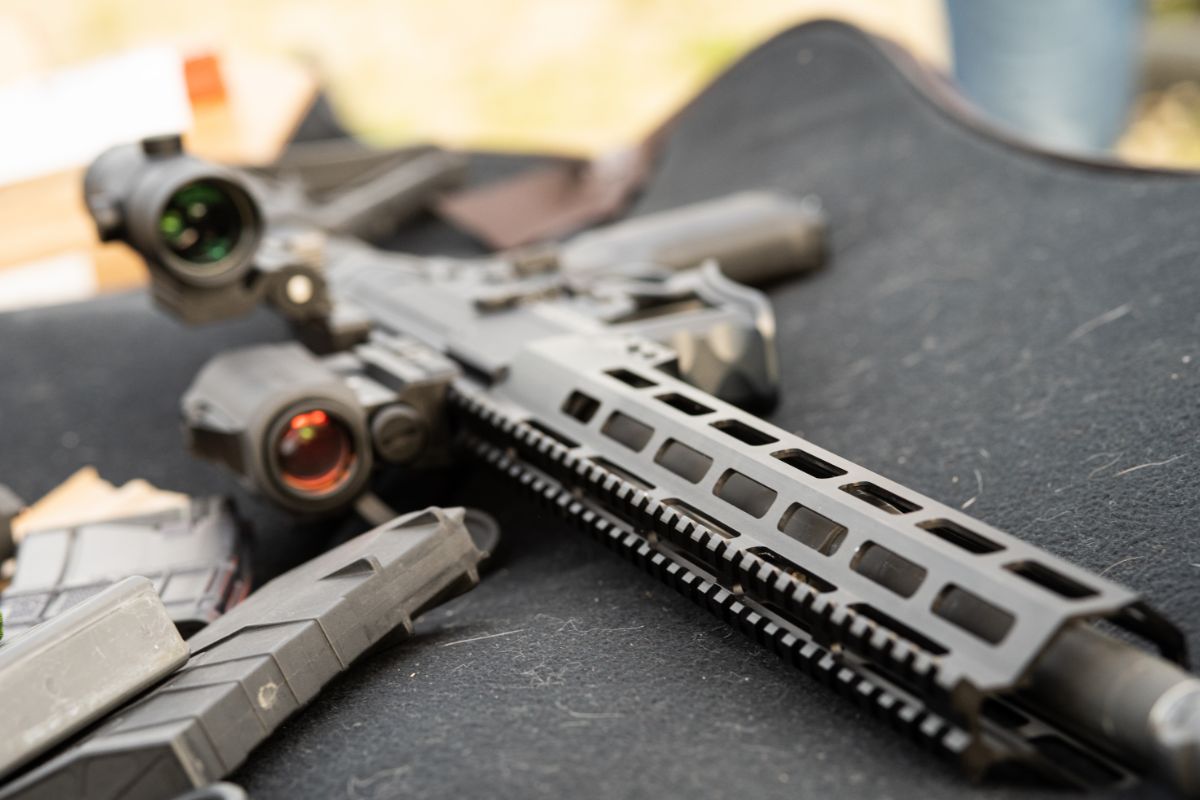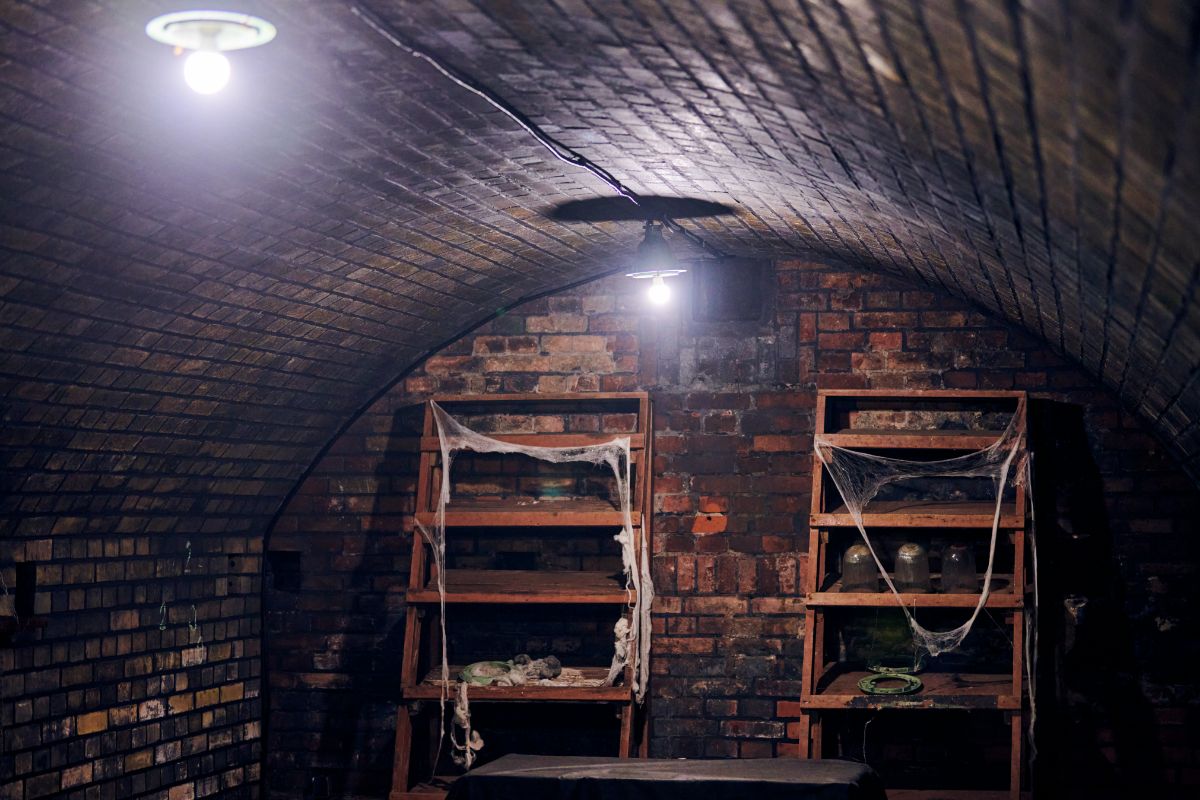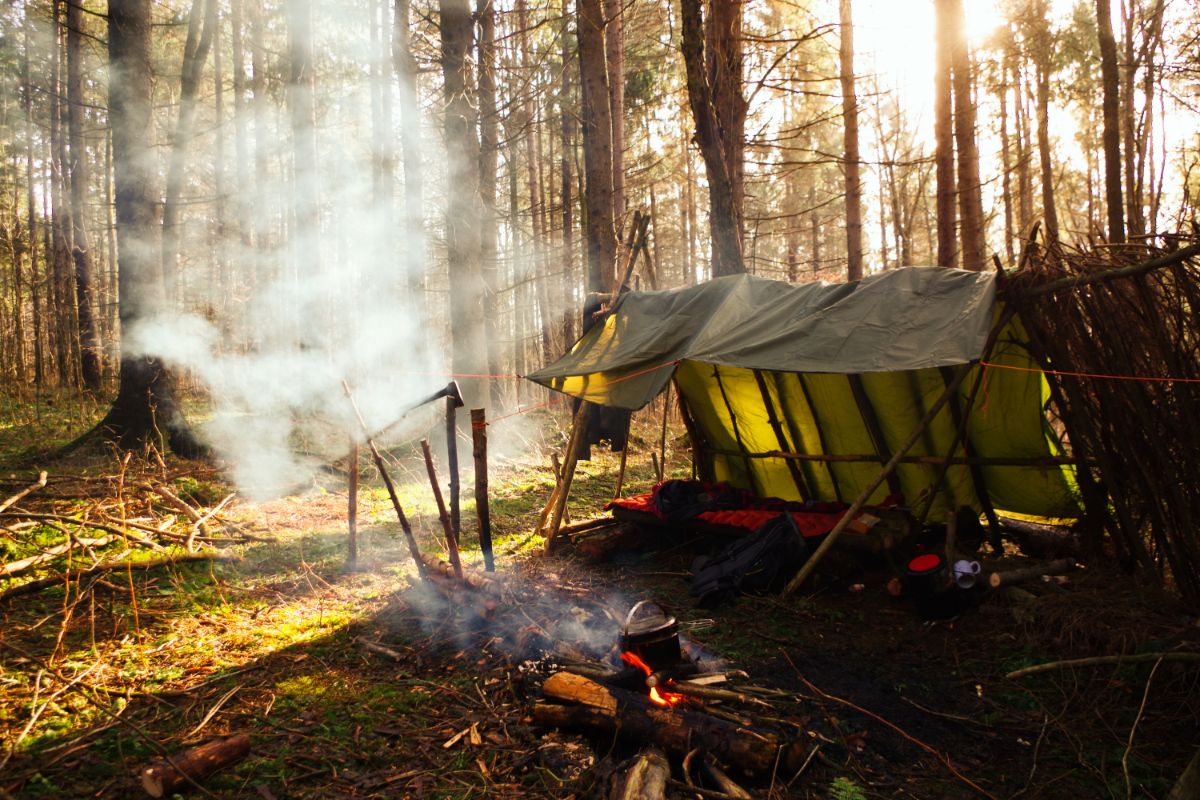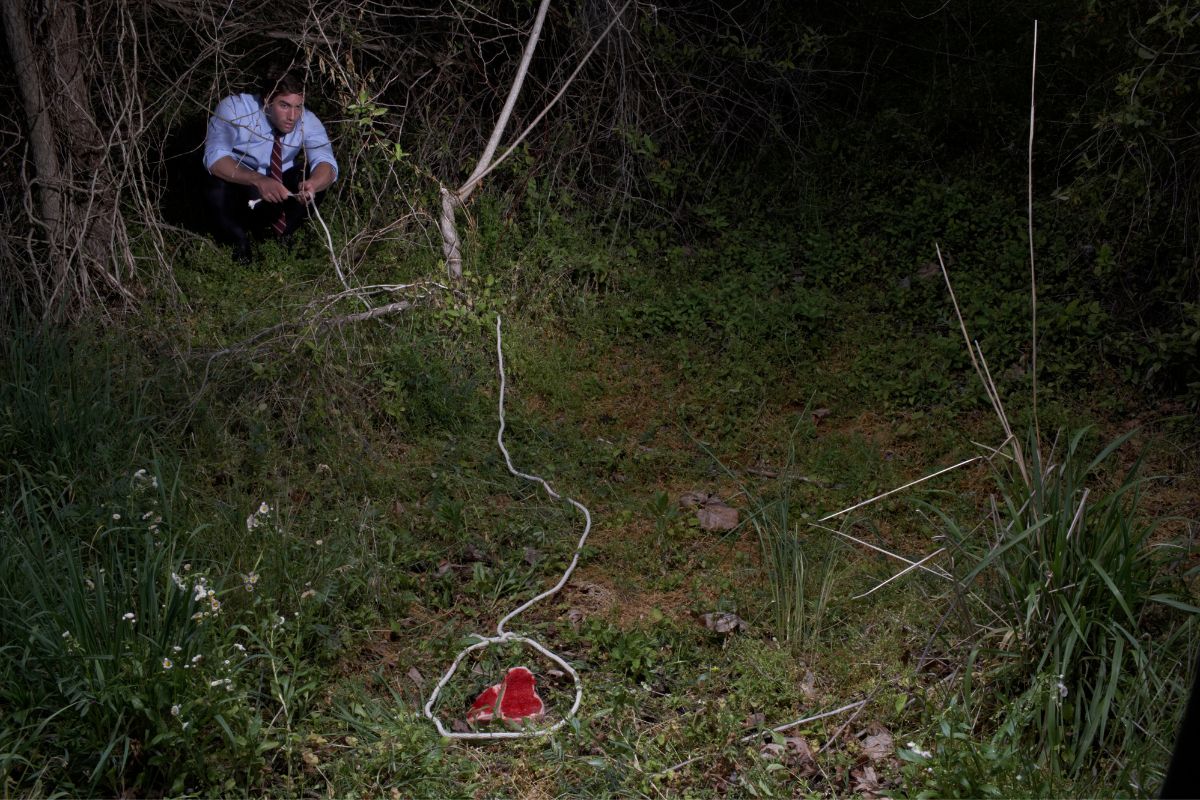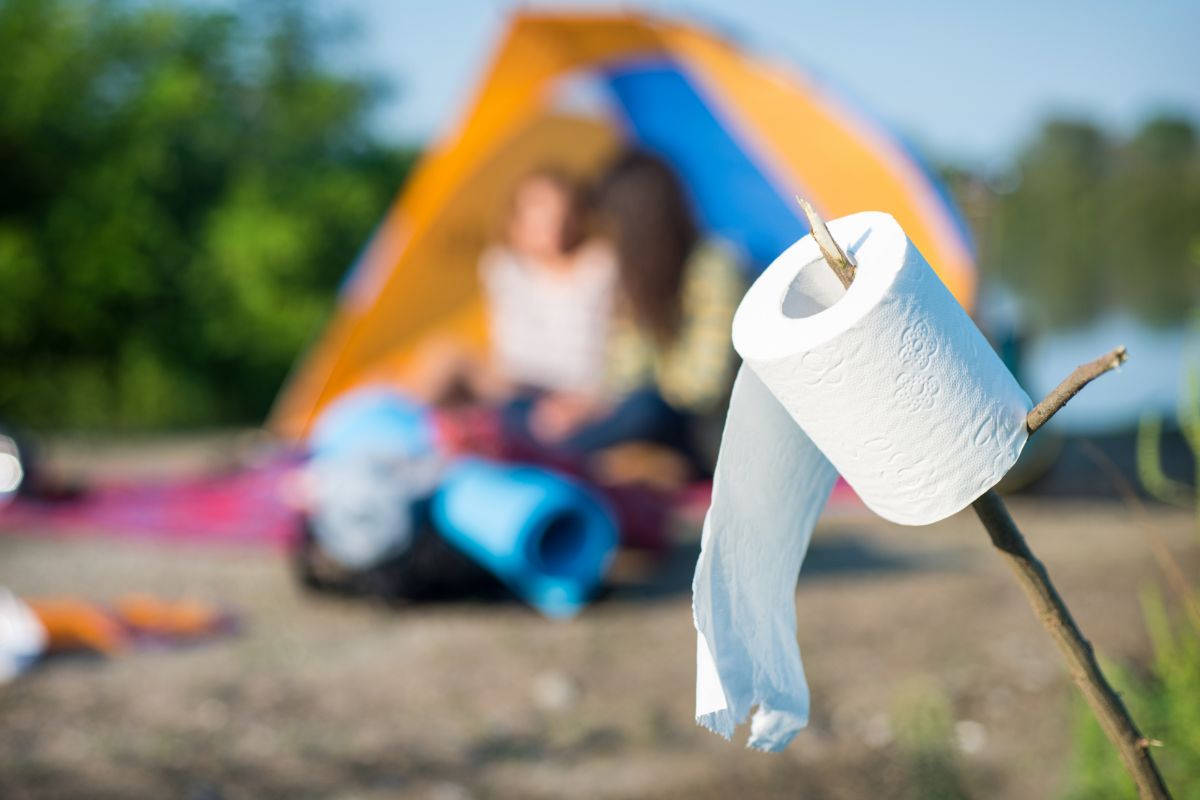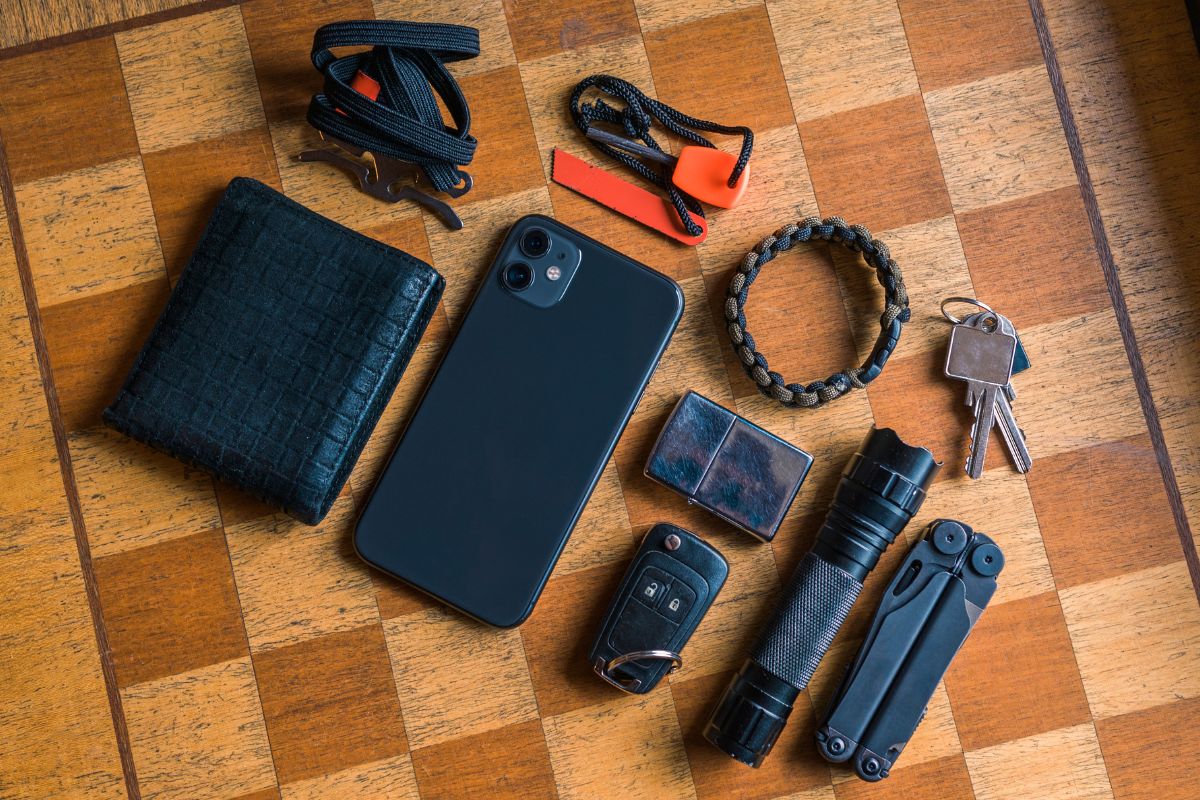Flooding can cause a lot of damage to your home, and can be a danger to yourself and your family. Luckily, we’re here to help!
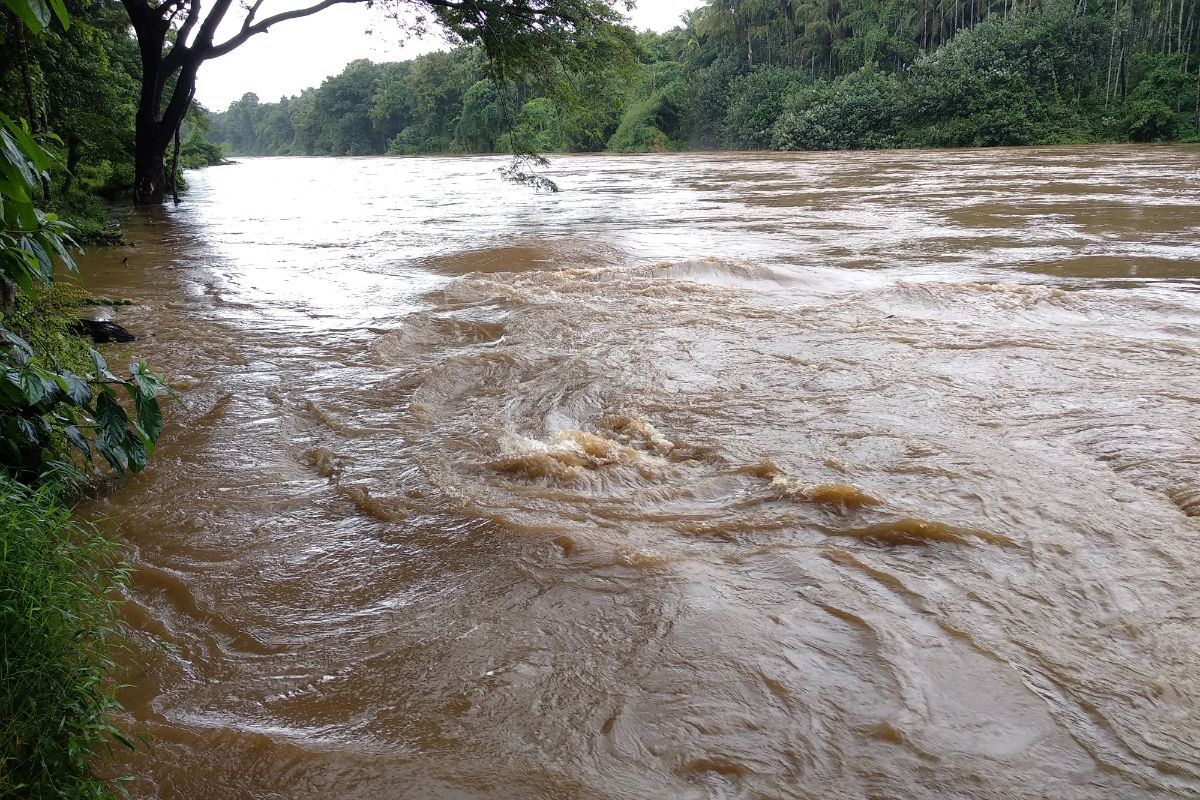
In this handy guide, we’ll take you through some of the most important steps you can take to prepare for a flood disaster, so you can keep yourself, your family, and your home safe from harm.
Preparing For A Flood: A Step-By-Step Plan
The best way to protect yourself, your family, and your home from a flood disaster is to be well-prepared.
Floods are difficult to predict and can cause a lot of damage if you aren’t properly equipped, so you need to have a plan ready in advance.
Here are some steps you need to take in order to prepare yourself in the event of a flood.
1) Evaluate Your Risk
First of all, you need to know how much of a risk flooding poses to you.
Floodwaters are most destructive in low-lying areas and near to bodies of water such as rivers and lakes.
If you live near a large body of water (especially if you’re by the coast), you’re at a higher risk of flooding.
You can also check flood maps to see how much of a threat flooding is; these can easily be found on local and national government sites.
These will show you the level of risk of flooding in an area, including whether or not you live on a floodplain as well as the elevation of your area.
If you live on a floodplain or if your home is below the base flood elevation in your area, then you’re at greater risk.
It’s also important to evaluate the risks to your home itself.
Consider the age and material of your building – older houses are more susceptible to wear and tear in the event of a flood and may have cracks or other infrastructure problems.
Likewise, homes made of brick and mortar or wood frame buildings suffer more damage in a flood.
Use these factors to determine your risk and what steps you need to take.
2) Keep Informed
Staying informed is critical, both before and during a flooding disaster.
If there is a risk of flooding, make sure you stay up-to-date regarding the situation by paying attention to the radio or TV, and checking online.
Knowing if flooding is likely will help you better prepare and be ready to spring into action if need be.
It’s also important to stay informed after a flood hits.
This will let you know any weather updates as soon as possible, and will keep you updated with any emergency instructions and evacuation orders.
The latter is particularly important, especially in the case of severe flooding.
knowing where to evacuate to will make sure that you get to safety as quickly as possible.
3) Have An Evacuation Plan Ready
Following on from the previous point, you should have a proper evacuation plan ready.
Find out where your local evacuation center is, either by checking online or by contacting your local government.
From here, establish the best route to get there in the event of an evacuation.
During a flood, you’ll need to stick to high ground and avoid any places more likely to be affected by water.
Be aware that floodwaters can obscure sudden drops such as stairwells, so make a note of anywhere that might be dangerous to walk through.
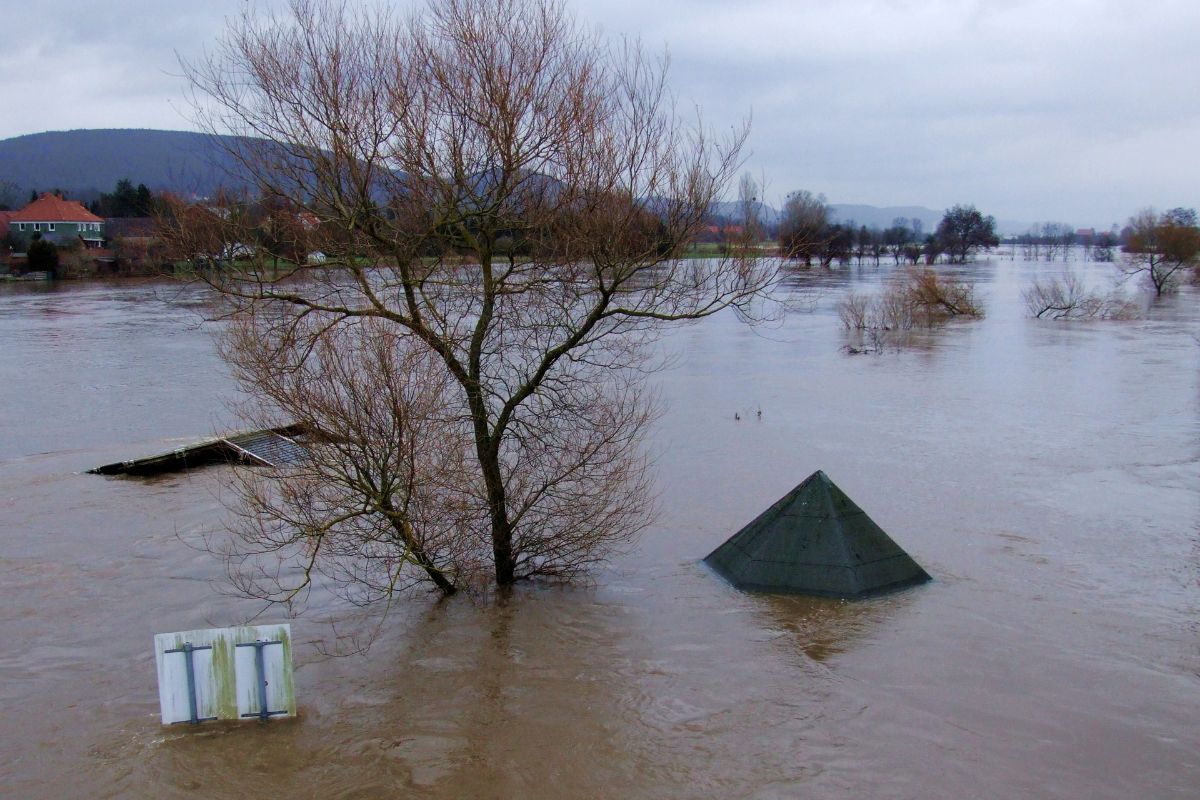
If there isn’t a designated evacuation point, establish a meeting place for your family to go to in the event that you get separated from each other.
This could be a friend or other family member’s house, or some other notable location.
Make a list of contact numbers, including your own as well as an out-of-state contact (someone outside of the immediate area who can be called to be informed of everyone’s safety).
Make sure that you account for any pets in your evacuation plan. You’ll need their carriers along with someone who can carry them.
4) Stock Up On Emergency Supplies
In the event of an evacuation, having the proper supplies prepared is crucial.
The most important things you’ll need are food and water – you’ll need enough for everyone in your family to have a 3-day supply.
Avoid perishable items, instead packing things like canned and dried foods that you won’t need to cook.
For water, you’ll need enough bottled water for each person to have a gallon per day.
Don’t forget to pack a can opener and some utensils so you can actually eat the food!
You should also pack some handy tools and other items.
A multitool and/or Swiss army knife (Also check out How To Wear A Boot Knife) is incredibly useful for all sorts of things.
Hygiene supplies such as toothbrushes, toothpaste, and other toiletries are also important.
Additionally, you should also pack a spare set of keys and some phone chargers.
It can also be handy to pack some laminated flood maps and contact details.
Bring several days’ worth of medications with you. Also, don’t forget to bring food, water, and any medications that you need for your pets!
5) Waterproof Your Home
Floods can cause a lot of damage to your home, so you need to waterproof it to protect it from flooding.
If you’re in an area prone to flooding, make sure your major appliances and electrical outlets are elevated off the floor to keep them safe from floodwater.
Sump pumps are used to siphon water out of basements, but can also be used in other parts of your house.
Install one, and make sure it has a battery so it will keep running if the power goes out.
Similarly, back-flow valves are incredibly useful; these are installed onto your plumbing and prevent the floodwater from entering through your drains and external piping.
If you’re in a particularly flood-prone area, it might also be a good idea to invest in sandbags to blockade your house.
These will absorb water and form a barrier against the flood, keeping it from entering your home.
Many home insurance policies don’t cover flooding damage, so consider buying flood insurance to keep your home and belongings safe.
Final Thoughts
Flooding can be a scary thing to deal with, but with the proper precautions you can make sure that yourself and your family are safe.
Using the tips in this guide will help you protect you and your home against flooding, so follow our instructions and you’ll be as prepared as you can be!
- How To Make A Quick And Easy DIY Toilet For Camping - September 19, 2022
- How To Use A Knife For Self Defense - September 19, 2022
- How To Help The Elderly Recover From A Disaster - September 19, 2022
